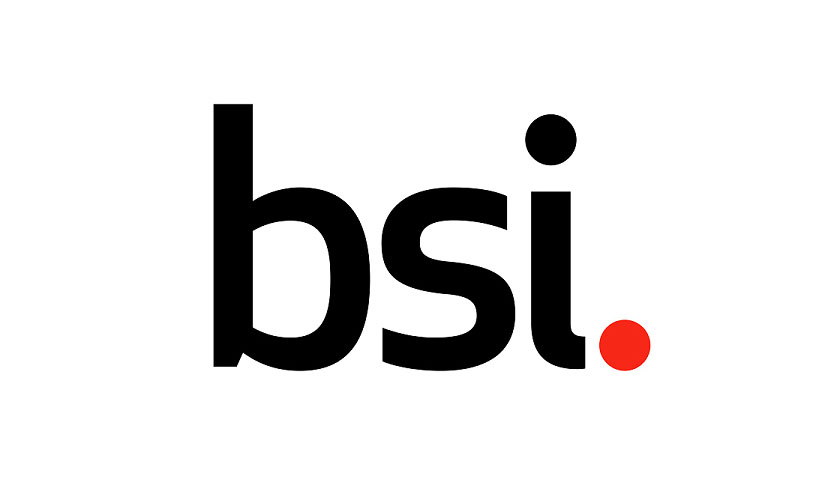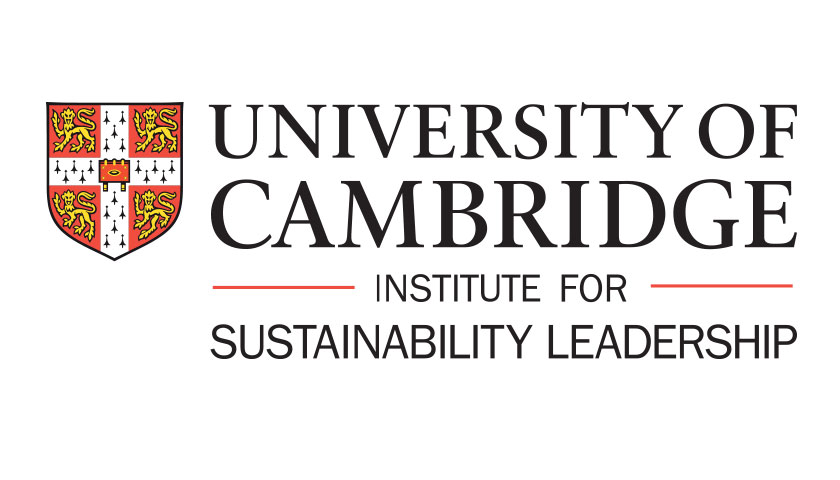New safeguarding guidelines designed to help all organizations, including charities, keep people safe and protect the vulnerable from harm have been published by BSI.
The new standard, launching recently at an event hosted by Save the Children,comes in light of several high-profile cases exposing organizational failings in relation to safeguarding both adults and children. Changes to legislation outlined the importance of organizations prioritizing robust safeguarding practice at the centre of their operations.
The freely available guidance, published by BSI in its role as UK National Standards Body, offers a step-by-step process for organizations to reduce the risk of individuals coming to harm or becoming the victims of abuse. Safeguarding for organizations: Guidelines (BS25800)
introduces the knowledge, skills, and experience on managing safeguarding risk to help organizations across all sectors, who come in contact with children and adults in the course of their work. It is specifically aimed to public sector organizations that have safeguarding responsibilities governed by legislation.
There are both public expectations and statutory duties for UK organizations to provide assurance that they have measures in place to prevent harm to individuals. The measures are collectively known as safeguarding. All organizations working with the public are required to be aware of their legal safeguarding responsibilities, and are expected to prioritize the safeguarding of children and adults at risk.
The standard, which has been produced with input from experts who work with organizations such as Barnardo’s, Royal National Lifeboat Institution and the Rugby Football Union has been written to complement existing legislation and statutory guidance. It gives guidance on raising awareness and preventing harm, thereby supporting agencies with statutory safeguarding responsibilities, and helping organizations support victims should harm occur. It recognizes that safeguarding isn’t the primary function for some organizations, so the common framework it provides can be hugely important to organizations to support the integration of their safeguarding measures.
Anne Hayes, Director of Sectors, BSI said: “The new standard is intended to help develop a consistent approach to safeguarding practice across the UK, and provide a crucial tool to protect and support the welfare of vulnerable people, including children. This clarity on best practice can help reduce the risk of individuals coming to harm or becoming the victims of abuse, while also enabling organizations to demonstrate to stakeholders that they understand and respect national safeguarding standards.”
Comittee Chair, Sarah Hamiduddin said: “The Committee’s aim is to provide a guidance standard that supports a positive safeguarding culture for adults and children right across the UK. We recognise that very small organizations might appreciate advice on where to start and that signposts relevant information on where to go next.”
To further support BSI’s work on the important area of Human Rights, the standard is aligned with other purpose-driven standards, including the alignment with Organizational Responses to Modern Slavery (BS 25700), designed to support the prevention of modern slavery. The guidelines also complement Risk Management (BS ISO 31000) and Whistleblowing Management Systems (BS ISO 37002).



